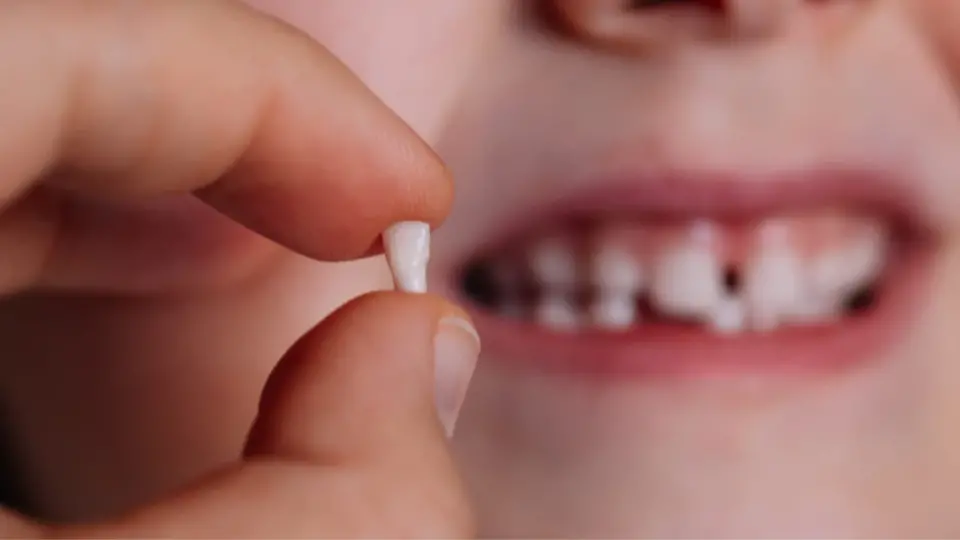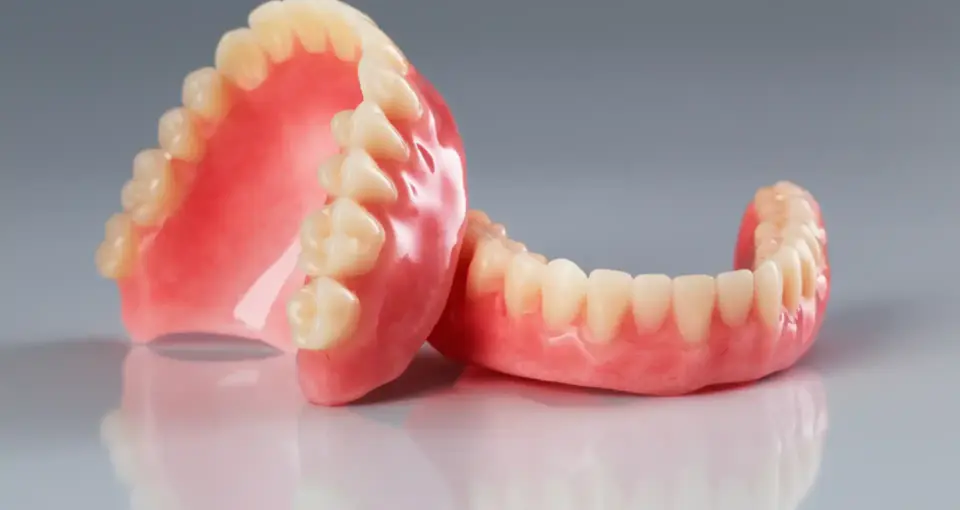Tooth extractions can be an uncomfortable experience, but the right approach to pain management can make your recovery as smooth as possible. Knowing what to expect and how to manage pain effectively will help you avoid complications and get back to your normal routine sooner. In this blog, we’ll explore some essential tips for managing pain after a tooth extraction and ensuring a quicker recovery.
What Are The Best Pain Relief Options After A Tooth Extraction?
After a tooth extraction, managing pain is one of the top priorities. There are several effective pain relief options available, and depending on your pain threshold and the complexity of the extraction, your dentist may recommend a combination of the following:
1. Over-the-counter pain relievers
Non-prescription painkillers like ibuprofen (Advil, Motrin) or acetaminophen (Tylenol) are often the go-to for most patients after a tooth extraction. Ibuprofen, in particular, not only reduces pain but also helps alleviate swelling. It’s essential to follow the recommended dosage to avoid side effects or complications.
2. Prescription medications
For more complex extractions, such as wisdom teeth removal, your dentist may prescribe stronger pain relief. Medications like hydrocodone or oxycodone can be used for short-term relief but should be taken strictly as directed to prevent dependency.
3. Cold compress
Applying an ice pack to the outside of your cheek near the extraction site can reduce swelling and numb the area, providing temporary pain relief. Use it for 15-20 minutes at a time during the first 24 hours post-extraction.
4. Saltwater rinses
While not necessarily a “pain reliever,” saltwater rinses can promote healing and keep the extraction site clean. Avoid doing this too soon after your procedure (your dentist will guide you on timing), but once it’s allowed, a gentle rinse can help prevent infection and reduce discomfort.
5. Elevate your head
Keeping your head elevated while sleeping or resting can help reduce swelling and pressure on the extraction site, which in turn can alleviate pain. Prop yourself up with pillows to maintain a semi-upright position.
How Long Does Pain Last After A Tooth Extraction?
One of the most common questions patients have is, “How long will this pain last?” The answer can vary depending on factors like the complexity of the extraction, your overall health, and how well you follow aftercare instructions.
Day 1-2:
During the first couple of days, the pain will likely be at its most intense. Swelling and soreness are normal, but with pain relief methods like ibuprofen or prescribed medications, the discomfort should be manageable.
Day 3-5:
Pain tends to decrease significantly after the first 48 hours. Swelling may persist, but by day five, most patients report feeling much better. If your pain is not subsiding or worsening during this period, it’s worth contacting your dentist to rule out complications like dry socket.
After Day 5:
For simple extractions, pain usually disappears within a week. For more complex extractions, especially wisdom teeth, it may take longer for the area to heal completely. Residual tenderness or sensitivity may last for up to two weeks, but it should gradually improve with time.
Remember, the healing process is unique to each individual. While mild discomfort can linger for a few days, any severe or prolonged pain should not be ignored and warrants a check-up with your dentist.
Are There Any Foods To Avoid After Tooth Extraction To Minimize Pain?
What you eat after a tooth extraction can make a big difference in your recovery. Certain foods can irritate the extraction site and cause unnecessary pain, while others can promote healing and comfort.
Here are some foods you should avoid to minimize pain:
1. Crunchy or hard foods
Popcorn, chips, nuts, and other crunchy foods can get lodged in the extraction site, causing irritation or even infection. These foods can also increase the risk of dislodging the blood clot, which is crucial for healing.
2. Sticky foods
Gum, chewy candies, or any food that sticks to your teeth can cause discomfort while you’re eating and could disturb the healing extraction site.
3. Spicy or acidic foods
Hot peppers, citrus fruits, and vinegary foods can irritate the sensitive tissue around the extraction site, leading to increased pain and discomfort.
4. Hot beverages
Avoid hot coffee, tea, or soups for the first few days after the extraction. Hot liquids can dissolve the blood clot at the extraction site and delay healing.
Instead, opt for soft, cool, or room-temperature foods like smoothies, yogurt, applesauce, mashed potatoes, and soups (once they’ve cooled). These will be easier to chew and less likely to cause pain.
When Should I Contact A Dentist About Pain After Tooth Extraction?
While it’s normal to experience some pain after a tooth extraction, certain signs indicate you should reach out to your dentist for help.
1. Severe pain lasting more than a few days
If your pain is not subsiding after 3-5 days or is getting worse instead of better, you could be experiencing a complication like dry socket. This occurs when the blood clot becomes dislodged, leaving the underlying bone and nerves exposed. Dry socket is extremely painful and needs to be treated promptly by your dentist.
2. Signs of infection
If you develop a fever, experience chills, or notice pus around the extraction site, these are potential signs of an infection. Infections can occur if bacteria enter the wound, so it’s essential to contact your dentist as soon as possible for an evaluation and treatment.
3. Persistent swelling or bleeding
Some swelling and minor bleeding are expected after a tooth extraction, but if these symptoms persist beyond the first few days or seem to worsen, you may need additional care. Continuous bleeding is a sign that the extraction site is not healing properly and requires attention.
4. Numbness or tingling
If you experience prolonged numbness or tingling after an extraction, especially in your tongue, lips, or jaw, this could indicate nerve damage. Although rare, nerve injuries can happen during complicated extractions and should be evaluated by your dentist.
By paying attention to your body and knowing when to seek help, you can ensure your recovery is on the right track.
Tooth extractions don’t have to be a painful experience if you manage your recovery carefully. By following these tips for pain relief, watching what you eat, and knowing when to contact your dentist, you’ll be well on your way to a smooth and successful recovery!
How Palmetto Family and Cosmetic Dentistry Supports Your Recovery After Tooth Extraction
At Palmetto Family and Cosmetic Dentistry, we’re dedicated to providing comprehensive support to make your tooth extraction recovery as comfortable as possible. Our team offers a range of services and resources designed to assist you at each stage of your healing journey.
Personalized Pain Management Plans
We understand that pain tolerance varies from patient to patient. Our team will work with you to create a personalized pain management plan, which may include both over-the-counter and prescription options tailored to your specific needs. We’re here to answer any questions and ensure you have everything needed to manage discomfort effectively.
Guidance on Foods and Post-Extraction Care
Our dentists provide detailed post-extraction care instructions, including specific dietary recommendations. We’ll discuss which foods to avoid and suggest safe, soft alternatives to promote healing and prevent complications. With our guidance, you can feel confident about making choices that support a smooth recovery.
Ongoing Support and Follow-up
At Palmetto Family and Cosmetic Dentistry, we’re committed to supporting you even after you leave our office. Our team is always available to address concerns, monitor your progress, and offer follow-up care as needed. If you experience any unexpected symptoms, we encourage you to reach out so we can ensure your recovery is on track.
Ready for a Smooth Recovery? Schedule Your Tooth Extraction Consultation Today!
At Palmetto Family and Cosmetic Dentistry, we’re here to support you every step of the way. Whether you need guidance on pain management, post-extraction care, or follow-up support, our team is dedicated to ensuring your comfort and recovery. Don’t wait—schedule your consultation with us today and take the first step towards a healthier, pain-free smile!



